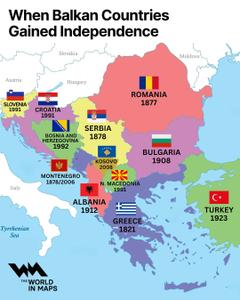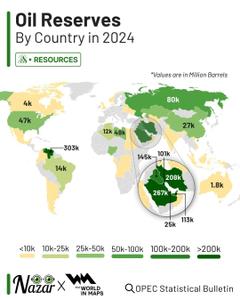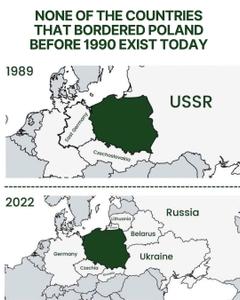geopolitics
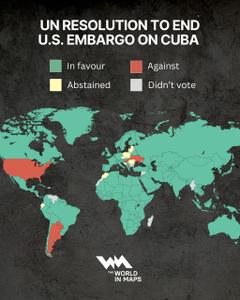
Politics / 8 weeks ago
UN votes to end U.S. embargo on Cuba
In the latest United Nations General Assembly (UNGA) vote on October 29, 2025, 165 countries supported a resolution calling for an end to the decades-long U.S. embargo on Cuba. In contrast, only seven voted against and twelve abstained. It’s the 33rd time the UN has called for the embargo to be lifted, yet the United States remains firm in its position. According to Reuters, the countries opposing the motion were the United States, Israel, Ukraine, Hungary, Paraguay, Argentina, and North Macedonia, a small group standing against near-universal consensus.

Business / 10 weeks ago
Gold reaches new highs as investors seek safety
Gold has taken centre stage in 2025, with prices climbing by nearly 60 % so far this year to trade around US $4,250 per ounce, according to Trading Economics data. The rally reflects a growing appetite among investors for safety amid global economic uncertainty and geopolitical pressure.
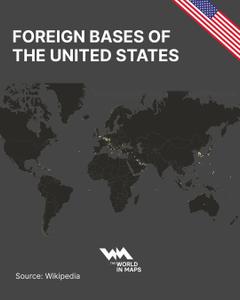
Politics / 12 weeks ago
Inside America's largest network of military bases around the world
The U.S. operates roughly 750 overseas military sites across 80 countries and territories in 2025, making it the most geographically dispersed military presence in the world. Within that total, there are some 128 confirmed “bases” in around 49 foreign countries, meaning many sites are smaller “forward operating locations,” cooperative security sites, or rotational deployments rather than full-scale bases.
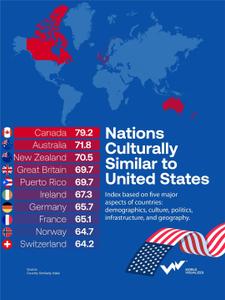
Culture / 13 weeks ago
The countries that look, feel, and act most like the United States
When people talk about America’s closest allies, they often focus on politics, trade, or military partnerships. But what about cultural DNA, the deep similarities in demographics, politics, infrastructure, and everyday life? According to the Country Similarity Index, a data-driven ranking that compares nations across five major dimensions, the United States’ closest cultural cousin is its neighbour to the north, Canada, with a striking similarity score of 79.2.
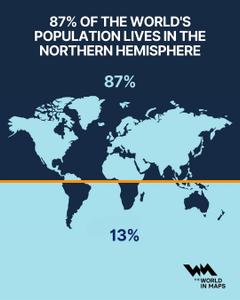
World / 13 weeks ago
Why nearly 9 in 10 people live in the northern hemisphere
Look at any global map of population distribution and one striking fact becomes immediately clear: nearly 87% of the world’s people live north of the Equator, while only about 13% live in the Southern Hemisphere. This lopsided distribution arises largely because the Northern Hemisphere contains more landmass, including Asia, Europe, most of North America, and a large portion of Africa, which in turn supports dense urbanisation, infrastructure, and economic activity.
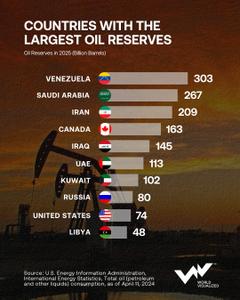
World / 17 weeks ago

